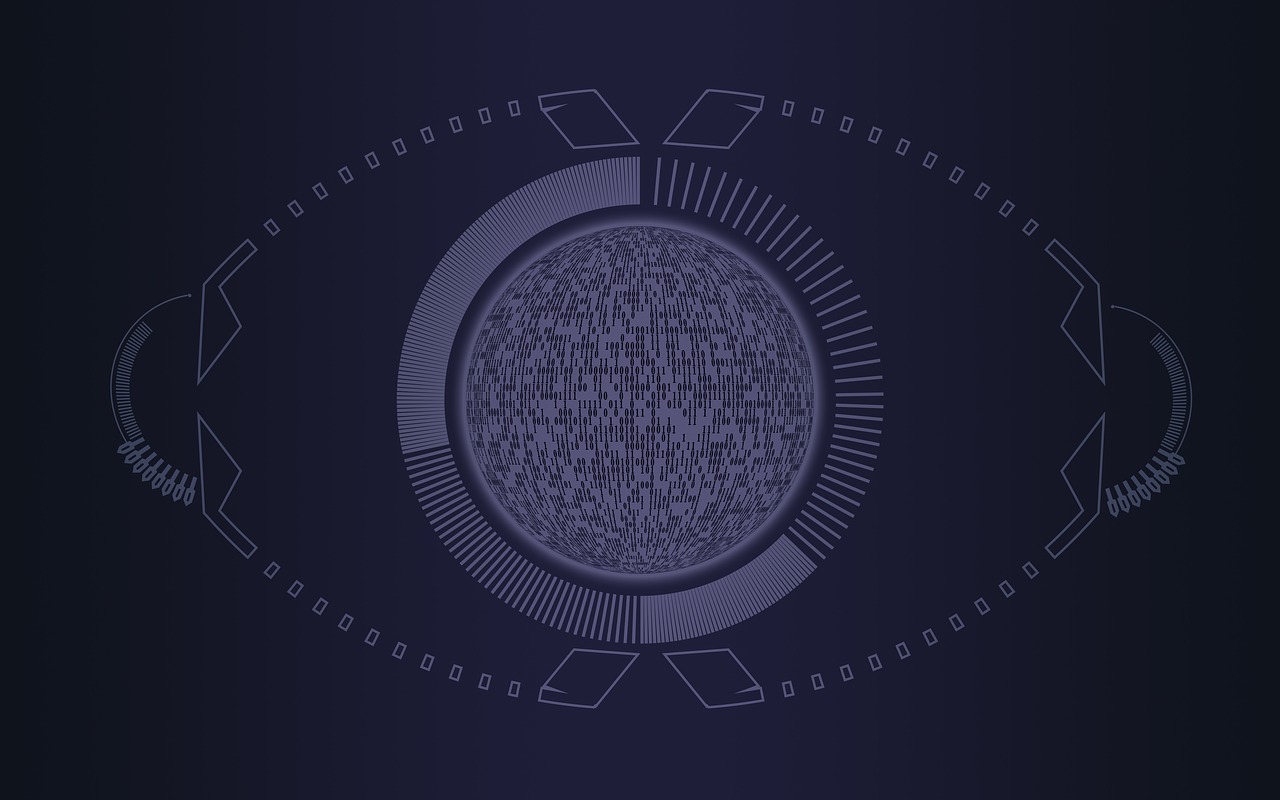Can Artificial Intelligence Fix Your Sleep Disorder?

Modern life, daily work pattern, lifestyle changes, and now several months of unpredicted lockdowns have all changed human life massively. The life schedule followed before 2020 is no longer seen in individuals, whether working, studying, or even sleeping.
Changes in time frame have led to sleep disorders and insomnia in so many people. Of course, these were common diseases before the pandemic, but, unfortunately, the post-pandemic era has seen a tragic change in the surge in sleep disorder cases.
What is a sleep disorder?
Well, in simple terms, sleep disorder is difficulty to sleep; it can alter the body function terribly, causing many hurdles to normal life.
Medicine evolution has come up with a number of cures and aid to the disease with its advancements, but the success rate can not be optimistic in any disease.
How can Artificial Intelligence find a cure for this?
It may sound surprising to the skeptics but AI has already found solutions to many problems of humanity. Within no time, there will be a situation when it would transform significantly to be a part of the human lifestyle in every capacity.
Well, AI, in this case, is definitely functioning as an aid rather than a cure. We should understand that sleep apnea, in most cases, is a disease arising out of lifestyle changes to even your basic sleep positions. What if technology can alter and monitor it? Yes, it can add some amount of aid to the cure.
Researchers from the University of Copenhagen with the Danish Center for Sleep Medicine have developed an algorithm based on Artificial Intelligence that could improve diagnoses, treatments and monitor sleep disorder situations.
How does the algorithm function?
Doctors can only monitor the sleep order examinations conducted to date post admission to a clinic or a hospital. A hospital or a clinic would further perform diagnosis based on different measuring instruments that could take some 7-8 hours.
The Artificial Intelligence based algorithm can perform all these functions ranging from rapid eye movement to variations in sleep within seconds and collect the entire data for reference by a practitioner.
It is also evidently proved that machine learning could produce good, safe, and accurate results with this process. The good news is that doctors find it reliable and easy to process the treatment.
“We have collected sleep data from across continents, sleep clinics, and patient groups. The fact that the algorithm works well under such diverse conditions is a breakthrough,” explains Mathias Perslev and Christian Igel, who led the project on the computer science side.
It is also expected that with further researches in the future, this sleep analysis software available at sleep.ai.ku.dk at no cost will help and understand the causes of sleep disorders and cases of insomnia throughout the world.
Is it a revolution in the treatment of sleep disorders?
Medical researchers have always claimed that it is not only the treatment that helps survive a disease; proper diagnosis at the right time is the key, and failing in which takes you one step backward from recovery. They believe that more data transferred to the clinics will help the algorithm function efficiently.
This software could be a very proactive approach for developing countries with very few medical resources.
It is also imperative to consider the intensity of diseases like sleep disorders and physical and mental problems. Achieving these generalized and fruitful aids will definitely be an impetus to modern science and medical diagnosis.






